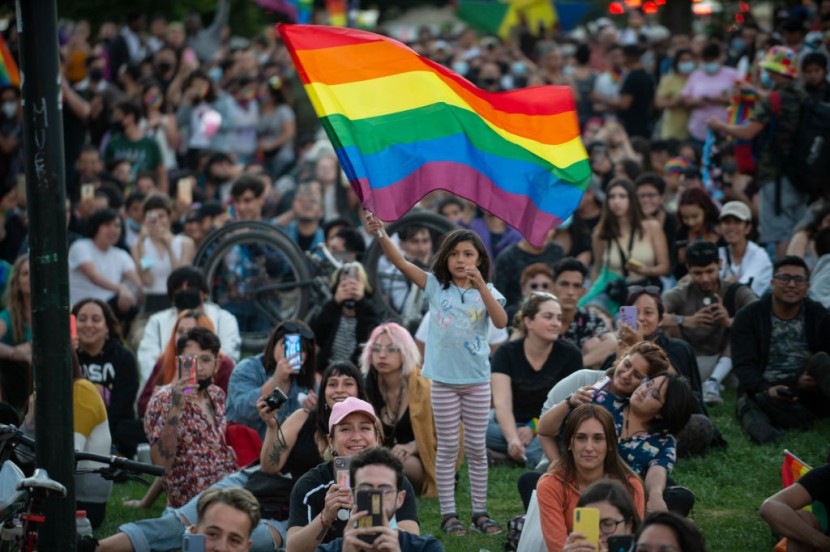
Zero Discrimination Day 2022 is observed on March 1st throughout the world, and human rights organizations are utilizing their platforms to advocate for an end to stigma and inequity.
UNAIDS is the driving force behind Zero Discrimination Day, and this year's theme is "Remove laws that harm, create laws that empower." On Zero Discrimination Day 2022, UNAIDS is expressly calling for an end to injustices faced by women.
Celebrate Zero Discrimination Day Worldwide
UNAIDS acknowledges that, despite advances in many regions of the world, prejudice continues to thrive internationally. HIV Ireland is also commemorating the day by advocating for an end to stigma, which they see as a significant barrier in the fight against HIV, according to GCN.
Discrimination has long been a visible evil in society, highlighting an underlying flaw in our understanding of individuals. We have divided ourselves into many groups as humans based on gender identity, race, class, sexual orientation, sex, occupation, income, handicap, and other factors.
Every year on March 1st, Zero Discrimination Day is marked to combat the attitude that causes issues, incidences of violence, or general violence. UNAIDS paved the path for persons living with HIV/AIDS who suffer prejudice as a result of their illness.
This day was observed in India to support the LGBTQIA+ community's campaign to abolish Section 377, which criminalized homosexuality in the nation. In September 2018, the legislation was eventually abolished. Such incidents have previously arisen, when March 1 was not only a day but a forum for individuals from all walks of life to speak out against prejudice.
The subject for this year's Zero Discrimination Day is "Remove Legislation That Harm, Create Laws That Empower," which emphasizes the urgent need to fight and take action against the plethora of discriminatory laws in many nations that lead to individuals being discriminated against and treated differently. While some laws harm the sanctity of human rights, some seem to cripple the fundamental freedom in society.
The official emblem for Zero Discrimination Day is a butterfly, which is extensively posted on various social media platforms alongside the cause. Zero Prejudice Day brings like-minded, indiscriminate mentalities together to trump discrimination by fueling campaigns against laws that pick and make individuals accountable for just who they are, where they are from, what they do, or who they love, News 18 via MSN reported.
Zero Discrimination Day: History and Significance
Every year on March 1, the United Nations (UN) and other international organizations observe Zero Discrimination Day. The purpose of this occasion is to promote equality in all UN member countries, both in law and in reality. The day was established on March 1, 2014, after UNAIDS Executive Director Michel Sidibé announced it during a large ceremony in Beijing on February 27, 2014.
In India, campaigners have used this day to speak out against laws that discriminate against the LGBTQAI+ community, particularly during the previous campaign to repeal the law (Indian Penal Code-section 377), which criminalized homosexuality before it was overturned by the Indian Supreme Court in September 2018.
Many countries still have laws that discriminate against women and children. Women do not have the same marriage and voting rights as males, for example. The LGBTQAI+ population does not enjoy the same legal protections as heterosexuals. These laws are discriminatory and violate people's fundamental rights and liberties.
The goal of Zero Discrimination Day is to promote public awareness of anti-discrimination laws, as well as other types of discrimination, and to convince various systems to formally end it. States can now abolish discriminatory laws and enact anti-discrimination legislation as a result. It also motivates activists and non-governmental organizations, as per She The People.
Related Article : New Zealand Passes Law Banning Conversion Therapy, Receives Support From Lawmakers
@YouTube








